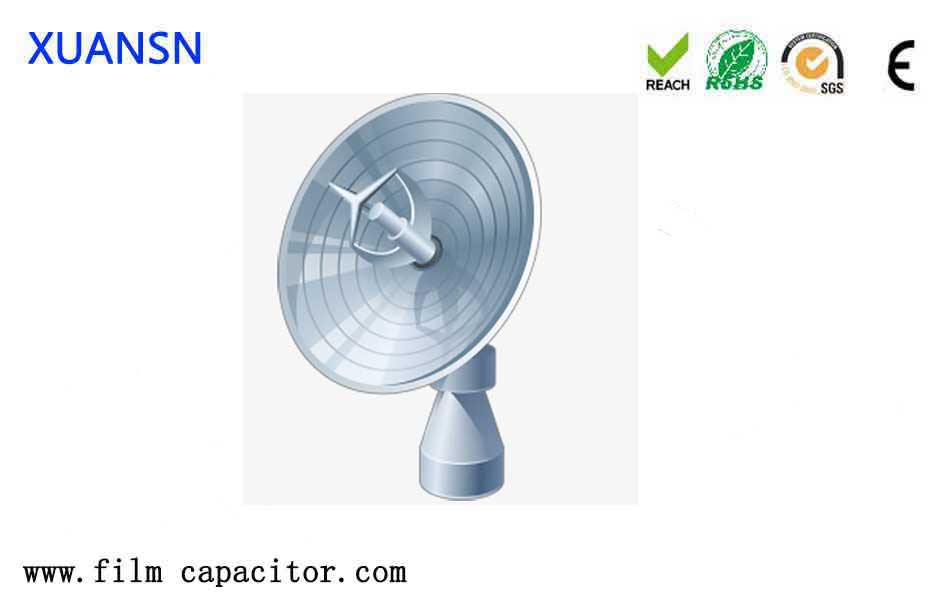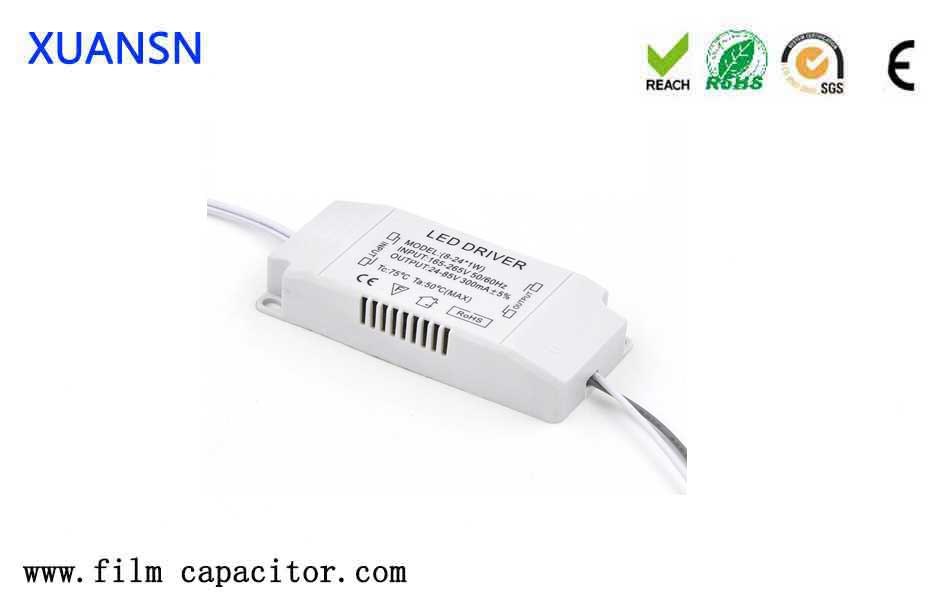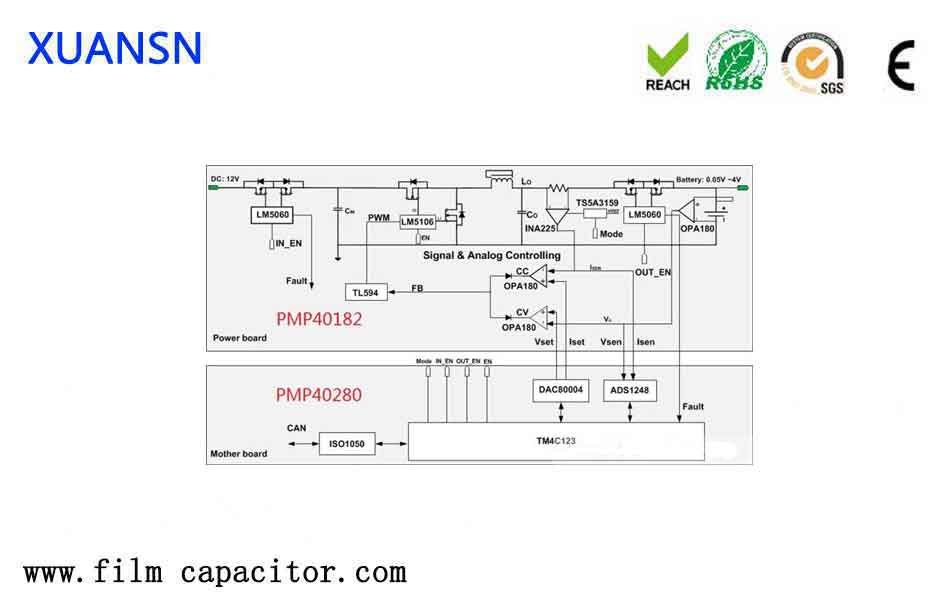Foreign media said that so far, the Japanese government has been stuck in building a purely domestic semiconductors industry and has continuously promoted the cooperation and reorganization of domestic companies, but with little success. In response to the rapidly changing digital age, the Japanese government will adjust its policy to attract foreign semiconductor companies to Japan and actively learn from the experience of foreign companies.
According to Japan’s “Yomiuri Shimbun” report on July 19, the Japanese government plans to attract overseas companies capable of producing advanced semiconductor products to build factories in Japan. Currently, it is coordinating to provide financial support for the construction of the factory. The main cooperation partner is TSMC, which has the most advanced technology.
According to the report, although Japan still has many companies specializing in the production of semiconductor manufacturing equipment and materials that have high competitiveness, they still cannot compare with overseas in terms of manufactured products. The government’s goal is to establish a consortium with Japanese companies by attracting foreign investment to keep the technology for manufacturing advanced semiconductors in the country.
The report also said that protectionism began to spread globally due to the influence of Sino-US trade frictions. The spread of the new crown epidemic has highlighted the necessity of manufacturing products related to national security in Japan.
According to reports, semiconductors can be said to be the heart of smartphones and computers. With the acceleration of the digitalization process, the importance of semiconductors is also rising, and R&D competition is becoming increasingly fierce. In the frontier semiconductor industry where 5G networks are indispensable, Japan is clearly at a disadvantage.
The Ministry of Economy, Trade and Industry of Japan plans to attract TSMC, which is in the semiconductor industry, Samsung and Intel in the United States, to come to Japan. The purpose is to establish factories in Japan to prevent semiconductor supply interruption.
According to the report, the United States and China have already taken the lead, introducing a series of policies to strengthen domestic semiconductor production capacity, and launching assistance measures of approximately trillions of yen. In the first half of this year, the U.S. government decided to build a semiconductor factory in the U.S., another step ahead of Japan.
The report pointed out that although Japan still has some leading companies in semiconductor production equipment and materials, there is also a trend of some companies accelerating the transfer of production bases overseas. To prevent the outflow of technology, Japan needs to form a strong domestic consortium as soon as possible.




